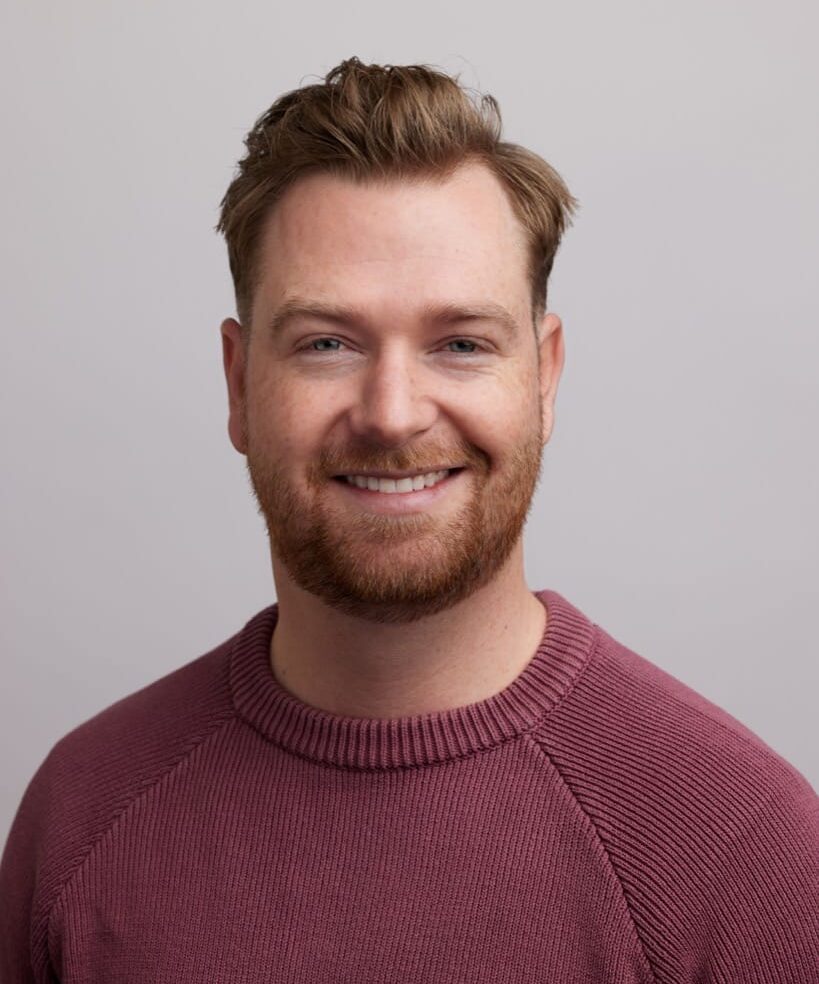I hope you all enjoyed your long Labor Day weekend. If you spent it like me, you reveled in the return of college football.
I didn’t have a ton of time to write this past week, so I wanted to share some thoughts from authors who did have time and wrote thought-provoking material that I think is worth considering.
Little Rules About Big Things by Morgan Housel
“The only way to build wealth is to have a gap between your ego and your income.
Having no FOMO might be the most important investing skill.
There’s a sweet spot where you grasp the important stuff but you’re not smart enough to be bored with it.
If something is impossible to know you are better off not being very smart because smart people fool themselves into thinking they know while average people are more likely to shrug their shoulders and end up closer to reality.
For many people the process of becoming wealthier feels better than having wealth.
Getting rich and staying rich are different things that require different skills.
“The thing that is least perceived about wealth is that all pleasure in money ends at the point where economy becomes unnecessary. The man who can buy anything he covets, without any consultation with his banker, values nothing that he buys.” – William Dawson
There is an optimal net worth for most people, after which not only does happiness stop increasing, but more money becomes a social and psychological liability. The number is different for everyone, but is probably lower than most people think.
The same traits needed for outlier success are the same traits that increase the odds of failure. The line between bold and reckless is thin. So be careful blindly praising successes or criticizing failures, as they often made similar decisions with slightly different levels of luck.”
Optimizing Ourselves to Death by Nick Magguilli
“What started as a movement to save time or improve health has morphed into a never-ending quest to maximize everything. We track our sleep. We count our steps. We chase credit card rewards. We obsess over our allocations. And much more.
While improving yourself is a noble goal, the pursuit of perfection has created a culture of anxiety and neuroticism that has done more harm than good. For example, David Sinclair, a popular longevity researcher, recently tweeted:
Broke a rule by eating a snack bar before bed. It completely messed up my glucose & I woke up feeling ill. Won’t do that again.
If a “snack bar before bed” can send your entire system into disarray, how good is your health really?
For example, David Perell recently wrote about the usefulness of alcohol consumption (in moderation) even as drinking in the U.S. reaches all-time lows:
We’ve all seen the Huberman data about how destructive alcohol can be for your health. Most people respond by saying: “Ok, that means I’ll drink less.” But there’s another way to interpret the data. If alcohol has persisted for so long and across cultures, despite the obvious downsides, then there must be serious benefits as well. Alcohol is as Lindy as Lindy can be.
Perell highlights the fatal flaw of optimization—what’s it all for? What’s the point of better health if you have no one to spend it with? What’s the point of being sexy if you aren’t having sex? What’s the point of living forever if you have nothing to live for?
We need a push toward “unoptimization,” as Tim Denning calls it, to solve this. Because we aren’t machines. We aren’t pins in a pin factory. We are people.
And people don’t need optimization. If you’re a manufacturer trying to make millions of products or a search engine trying to answer billions of queries, you need optimization. But if you’re an individual trying to live a good life, you don’t.”
“Since I was born, humans have created 6 billion jobs.
All while technology relentlessly disrupts existing industries.
The assembly line replaced skilled craftsmen who built entire products by hand. The printing press eliminated armies of scribes who copied books and documents manually. The calculator made human computers – people hired to perform mathematical calculations – obsolete overnight. The washing machine destroyed the livelihoods of professional laundresses and washerwomen. The automobile industry wiped out blacksmiths, stable hands, and carriage makers. Email and word processors replaced secretaries who specialized in dictation and typing. The mechanized loom put countless hand-weavers out of work during the Industrial Revolution. GPS navigation systems eliminated the need for most mapmakers and drastically reduced demand for physical atlases. Digital photography destroyed the film development industry and put countless photo lab technicians out of work. Self-checkout machines have steadily replaced cashiers across retail stores, and ATMs transformed many bank teller positions.
It’s entirely possible that a magical AI will replace every single human job and then destroy the Earth. But it’s far more likely that the pattern of the last five hundred years will continue.”
Thanks for reading!

Jake Elm, CFP® is a financial advisor at Dentist Advisors. Jake a graduate of Utah Valley University’s nationally ranked Personal Financial Planning program. As a financial advisor at Dentist Advisors, he provides dentists with fiduciary guidance related to investments, debt, savings, taxes, and insurance. Learn more about Jake.

